Can Debt Collectors Use Social Media? What You Need to Know
The law governing consumer debt collection is changing. For starters, third-party debt collectors will soon be able to contact you on social media. Just what we all wanted, debt collectors friending us on Facebook. But there’s a whole lot more.
For seven years, the Consumer Financial Protection Bureau has been working on the Final Rule to apply the Fair Debt Collection Practices Act. Whether you know it or not, if you are one of the 68 million American adults in debt collection, this will have a big impact on you. The National Law Review calls these updates “the most significant development affecting the debt collection industry since the FDCPA came into law 43 years ago.”
The Final Rule of the FDCPA in a Nutshell
The Fair Debt Collection Practices Act covers the behavior of third-party debt collectors, those who are collecting for the vendor you did business with or those who bought the debt from the vendor. The Final Rule was recently released in three parts.
- In late October 2020, part one covered communications using modern technology
- In November, part two covered safe-harbor protections for debt collectors.
- A final release in late December covered limits on collectors’ actions such as when third-party information may be added to consumer credit reports and more.
The Final Rule does not go into effect until the fall of 2021, but you will want to know they are coming. Today we are going to cover some of the key highlights of the first release applying to communications. The Final Rule spans 653 pages, so suffice it to say, this is just a quick look at what to expect.
Debt Collectors Will Soon Be Allowed to Contact You Through Social Media and Email
One of the big changes that will have an impact on consumer debtors is that third-party debt collectors will be able to contact them through social media messages, text messages and email. If you are telling the collection agency you are broke, you may not want to post photos on Facebook of your luxury vacation on St. Bart’s.
Social Media Restrictions
Debt collectors must abide by some restrictions. They
- Can’t send you messages that others can see, say in the comment section.
- Must reveal who they are. They can’t pretend they are a random Facebook friend in order to gain information.
- Must observe limits on time and place that also apply to other communications. (More on that in a moment.)
- Must include information in the message about how you can restrict social media contact or request they not contact you at all in most instances.
- May not usually contact you with an email address your employer has provided to you. There are, however, some exceptions.
Opting Out of Social Media and Email Communications
One of the big concerns about email and social media contact is that a debt collector could send important information such as a debt validation letter via email or a social media channel that a consumer rarely checks if they check it at all.
This is one reason you should be aware that you can opt out if you do not want to receive communications via email or text messages.
Clarification of Time and Place Restrictions
Restrictions of the time and place a debt collector can contact you have been in place for awhile, but the Final Rule clarifies them.
A debt collector may not communicate with a debtor
- At a time the debt collector should know it is inconvenient for you. (Unless you have informed the debt collector otherwise, before 8:00 am and after 9:00 pm is considered to be inconvenient.)
- When you are represented by an attorney
- When the debt collector has reason to know that your employer prohibits you receiving communication from them at work
None of this applies if you give consent to the debt collector to communicate with you contrary to the above restrictions.
Restrictions on Contacting Other People
The Final Rule prohibits bill collectors from contacting other people about your debt unless they are
- Your attorney
- A consumer reporting agency
- The creditor or their attorney
- The debt collector’s attorney
Sending an email or text message to a third party violates this section the same as a phone call.
There are some exceptions to the third-party contact prohibitions, such as contacting third parties in order to learn about your location.
Abusive Behavior
Frequency of Phone Calls
Under the Final Rule, a debt collector may not call a debtor more than seven times in a seven day period. Once they talk to them on the phone, they may not call them for another seven days. There are some exceptions to the rule, including the debtor consenting to a call within the prohibited time frame, but the agent must call within seven days after receiving such consent.
Now here’s the catch. These restrictions apply for each debt, not for all your debts. So, if you have multiple debts, you may still receive a barrage of calls. Also, they can not only call you, but they can also email you and message you on social media.
Threats
Debt collectors are prohibited from threatening violence or criminal actions to hurt “the physical person, reputation, or property of any person.”
They are also barred from using obscene language.
Public Coercion
They may not publish a debtors list of those who owe.
They also may not publicly advertise debts for sale in order to coerce payment.
It’s Worth Repeating
As we have already mentioned, the FDCPA only regulates third-party debt collectors — that is, a collector who doesn’t represent the original creditor. The original creditor isn’t held to these standards.
What to Do if You Are Harassed
If you think that debt collectors are contacting you too often, you can insist that they cease to contact you in most cases. There are some exceptions to this, such as when they are communicating that they plan to pursue legal action.
If you think your legal rights have been violated, you can file a complaint with the FTC. Your Florida debt collection attorney can also help you. If you are represented by an attorney, a debt collector may not contact you directly at all but must communicate with your attorney.
Debt Fighters Can Help You
You do not have to live with the misery of debt collectors hounding you. Contact Michael Ziegler, PL, Attorney Debt Fighters for a free consultation by submitting this form or just call us directly at (727) 538-4188 in Clearwater, (813) 225-3111 in Tampa or (352) 600-1326 in Mt. Dora.
We will immediately get the debt collectors off your back, so you don’t need to be afraid to answer the phone. We will analyze your situation and lay out the best options for you to move forward. Video, phone consultations and in-person consultations are available.



